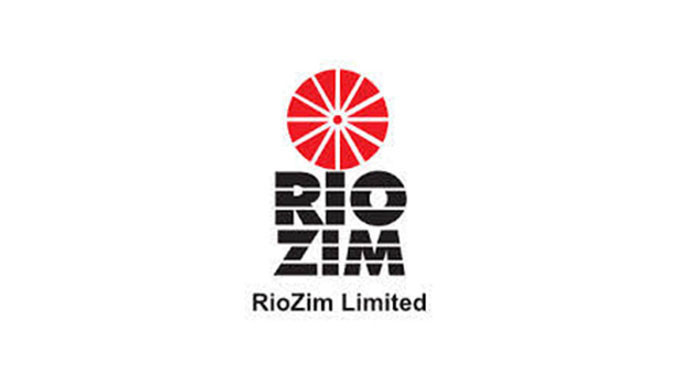
THE Horticultural Development Council (HDC) has bemoaned the 5% decrease in the export retention threshold for exporters, amid dwindling foreign currency availability.
Owing to exchange rate disparities, foreign currency holders are increasingly holding onto their money as the local currency, Zimbabwe Gold (ZiG), remains highly volatile.
Initially, the local currency traded at US$1:ZiG13,55 upon its introduction last April but has since plummeted to US$1:ZiG26,40.
This is what is driving the exchange rate volatility as the ZiG remains the functional and reporting currency amid increased dollarisation.
Hence, exporters had been calling to retain all their export proceeds, which the central bank shot down in the 2025 Monetary Policy Statement released on Thursday.
“The Horticultural Development Council notes with concern the decision by the Reserve Bank of Zimbabwe (RBZ) to reduce the foreign currency retention threshold for exporters from 75% to 70%,” HDC chief executive officer Linda Nielsen said, in a statement on Friday.
“This policy shift presents significant challenges for Zimbabwe’s horticulture sector, which relies heavily on foreign earnings to sustain production, invest in growth, and maintain competitiveness in global markets.”
HDC’s concerns come as they are targeting exports of US$1,32 billion for the year from increasing the area under horticulture from 36 600 hectares (ha) to 55 300ha.
- Awards target married couples
- Awards target married couples
- Zimbabwe needs to rethink economic policies
- Zimbabwe needs to rethink economic policies
Keep Reading
“The horticulture industry operates within tight cost margins, with most inputs—such as power, fuel, seed, fertilisers, packaging, and freight—denominated in US dollars,” Nielsen said.
“The reduction in forex retention means exporters will have less hard currency to meet these critical expenses, placing strain on cash flow and investment in the sector.”
She said producers of export-oriented crops such as peas, which have high production and logistics costs, could be forced to scale back operations.
“Some farmers may pivot to alternative crops and shift focus to local cash markets, which do not provide the same foreign currency inflows or long-term economic benefits as exports,” Nielsen said.
“HDC reiterates its previous recommendations that local utility providers, such as ZESA and local authorities, charge their services in ZiG to align with the new retention framework.”
She said that currently, exporters paid many domestic obligations in foreign currency, creating an imbalance where they retained less forex but still had high USD-denominated costs.
“Adjusting local utility pricing to ZiG will help mitigate pressure on exporters and support the broader transition towards the use of the local currency,” Nielsen added.
“HDC urges policymakers to engage with the sector to explore solutions that balance the need for foreign currency reserves with the long-term sustainability of Zimbabwe’s horticulture industry.”
She said ensuring a stable and predictable policy environment was critical to maintaining Zimbabwe’s position as a key player in regional and global horticulture markets.
The top market for Zimbabwe’s horticulture produce is Europe.











